Latest Articles

GREEN DEAL REQUIRES AN UPDATE
Turbulence in politics and the global economy is aggravating the rough edges of the Green Deal, which as well as being a heavy burden for the industries and energy sectors of individual member states could also become an open route to power for far-right political forces
Few doubt the fact that the EU’s brand colour is green. At the end…
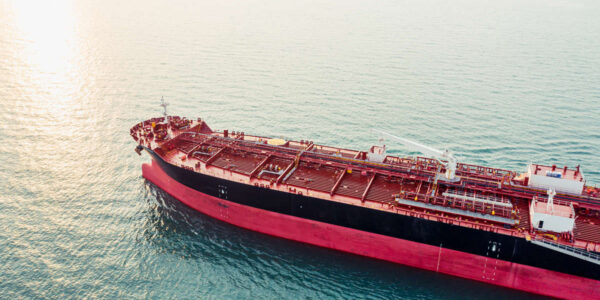
A Spotless Strategy: the EU’s Return to Long-term Gas Contracts
The energy crisis and inflated gas prices in Europe have laid bare an obvious contradiction in the EU’s previous energy policies and their orientation on spot trade. Not long ago, long-term gas contracts – and not only those linked to Russia – were regarded by the Europeans as a form of bondage, which would not only increase the EU’s dependence on individual suppliers, …
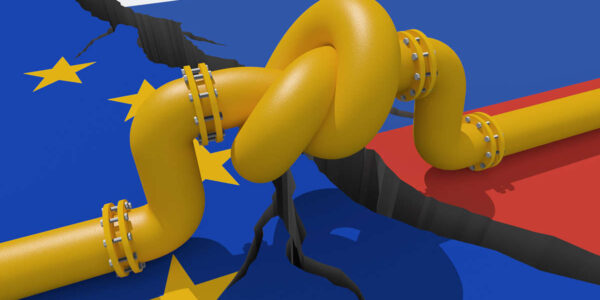
FRIENDS AGAIN: CAN GERMANY RESTART COOPERATION WITH RUSSIA ON ENERGY?
Contradictions continue to tear apart Germany’s ruling coalition. There is no agreement on either domestic or foreign policy between Olaf Scholz’s party, the Greens, and the Free Democratic Party. The media is pouring oil on the fire, pointing out the cabinet’s wavering and even opportunism in the form of inappropriate budget expenditure and a €60-billion hole that has developed as a result.
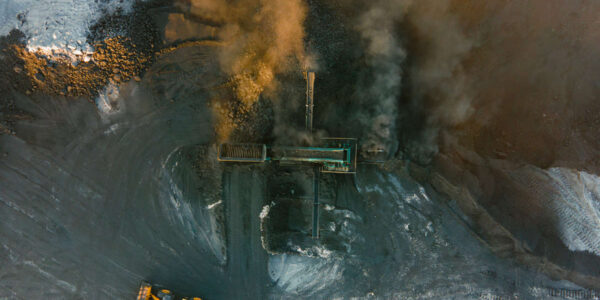
Trick or treat: Ukraine intends to stop Russian gas transit for good
After the damage to the Nord Stream pipelines and a significant reduction in supplies of gas from Russia, including a complete cessation of supplies via the Yamal–Europe pipeline, the transit of Russian gas through Ukraine’s territory has remained one of the last routes for supplying the EU with gas, although it has decreased to a third of its pre-war level…
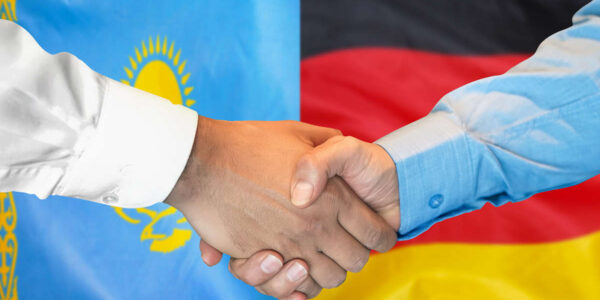
PITFALLS FOR KAZAKH OIL ON ITS WAY TO BERLIN
As an outcome of high-level talks in Berlin at the end of September involving German chancellor Olaf Scholz and Kazakh president Kassym-Jomart Tokayev, Kazakhstan is increasing oil supplies to Germany on a long-term basis – by around 2 million tonnes annually, and possibly even more in the future….
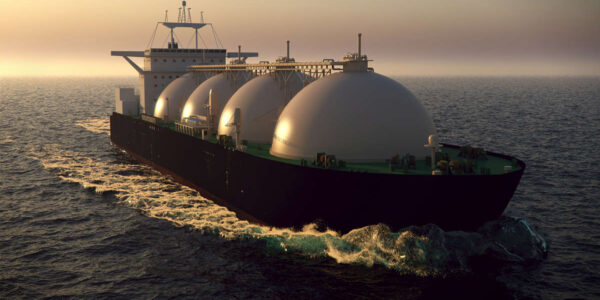
Diversified But Not Brimming: Experts Warn Europe of Potential Gas Shortages
Gas Infrastructure Europe reported in early October 2023 that 95.99% of its gas storage facilities were filled, surpassing last winter’s peak. What’s more, the result was achieved a month and a half earlier than in the 2022-23 winter season. However, it would be premature to celebrate the success of the European energy sector, since Russian gas supplies might not prove easy to replace in the long run.

Europe – winter-ready, but still not future-proof
According to assessments by experts, the situation in the EU’s energy market remains stable in the run-up to the winter of 2023-4. The continuing crisis in Ukraine and ongoing dependence on foreign energy suppliers including Russia and Qatar are of course having a negative effect.
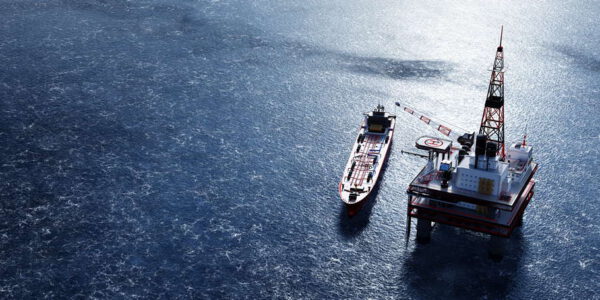
ASHGABAT KEEPS EUROPE AT ARM’S LENGTH
Developments in the European economy and the prospect a “long war” in western Eurasia is putting the issue of medium-term instruments to ensure European energy security on the agenda. The main elements, based on opportunities to build the European energy mix without Russian pipeline gas, have partly worked, ensuring that EU countries got through the 2023-2023 winter period with relatively low social and economic costs.
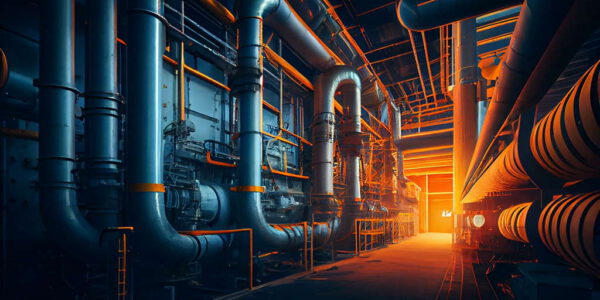
Fuelling Uncertainty: Europe’s LNG Pursuit Raises Questions of Security and Sustainability
Having set itself the ambitious task of giving up bloody pipeline gas from Russia and replacing it with “freedom LNG” from across the pond, the European Union is meeting its moral obligations. However, it could unwittingly drive itself into an infrastructural trap in which it has to choose between economic and environmental collapse.

Europe’s Plans for Africa to Replace Russian Gas: A for Effort
In 2022 Europe experienced its steepest ever drop in gas demand of 55 billion cubic metres (bcm) or 13%, as the International Energy Agency reports: https://www.iea.org/commentaries/europe-s-energy-crisis-what-factors-drove-the-record-fall-in-natural-gas-demand-in-2022 . At the same time expenditure on gas imports almost tripled compared to the 2021 level, reaching €400 billion.
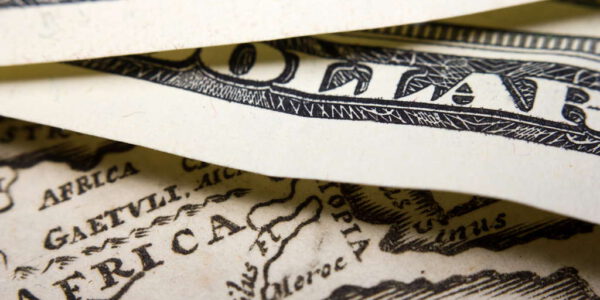
AFRICA’S OIL CLEARS A WAY TO EUROPE
With the introduction of the embargo on oil and oil products from Russia due to the war in Ukraine, the European Union is facing the issue of finding new sources capable of replacing Russian oil supplies. A potential solution could be to increase purchases of oil from Africa. However, experts note that we should not expect a significant growth in oil supplies from Africa in the near future.
